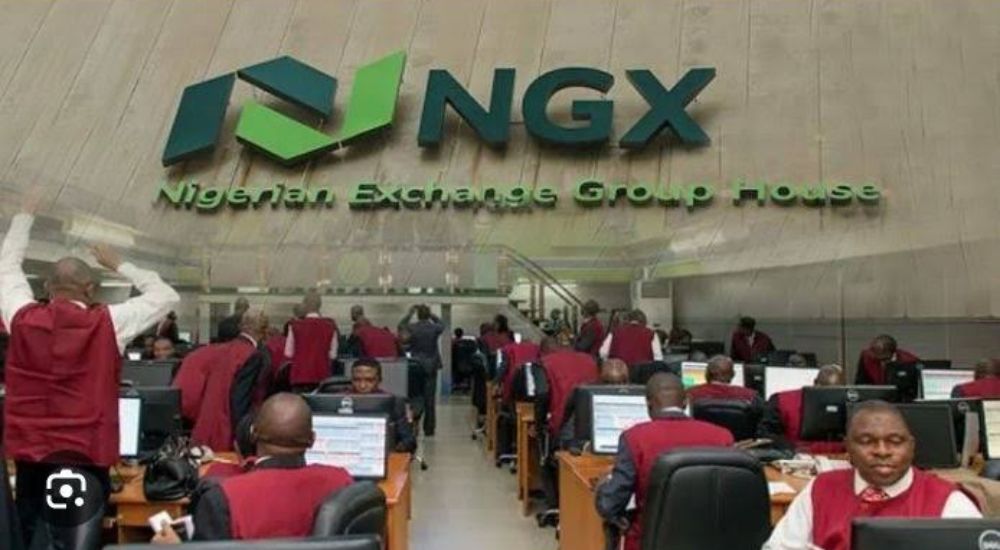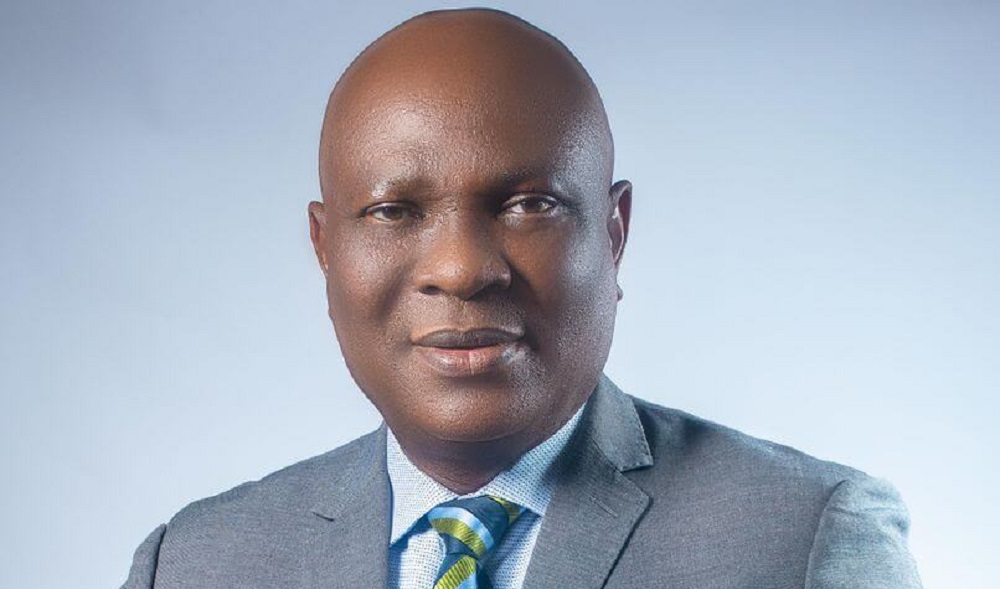Nigeria’s Private Sector Growth Slows to 4-Month Low – PMI Report

Nigeria’s private sector expansion continued in May, albeit at a slower pace, marking its weakest growth rate in four months, according to the latest Purchasing Managers’ Index (PMI) data compiled by S&P Global for Stanbic IBTC Bank.
The survey revealed that while Nigerian businesses maintained positive momentum at the midpoint of the second quarter, signs of a deceleration in economic activity emerged, as inflation continued to pressure operations.
Both output and new orders expanded at reduced rates during May, while employment levels declined for the first time in six months. The composite PMI reading stood at 52.7 in May, remaining above the neutral 50.0 mark for the sixth consecutive month, signaling continued, though moderating, improvement in business conditions.
However, the May figure marked a decline from April’s reading of 54.2, representing the slowest improvement in private sector health since January. The overall deceleration was particularly noticeable in output and new business growth, both recording their weakest performance in four months.
Companies that reported growth attributed it to stronger customer demand, an expanding client base, and the introduction of new products, according to the PMI analysis.
All four major economic sectors—agriculture, manufacturing, services, and wholesale & retail—recorded production growth. Among them, wholesale & retail trade and manufacturing showed the strongest performances. Inflationary pressures persisted, though they were slightly less intense than in April.
The data showed sharp increases in input costs, driven by rising raw material prices, currency depreciation, and higher logistics expenses. Personnel costs also rose, although at the slowest pace since March 2023, as some firms reduced their workforce to contain wage bills.
Employment levels fell for the first time in six months, with several firms attributing the decline to staff departures due to challenges in meeting compensation obligations.
These staff shortages contributed to a rise in backlogs for the second consecutive month. Survey respondents also cited delayed customer payments as a major obstacle to completing projects. The latest increase in outstanding business was the steepest since February 2023.
Despite the drop in employment, companies continued to expand their purchasing activity in anticipation of current and future demand, leading to the fastest increase in inventory levels in three months. Improved supplier competition and timely payments contributed to shorter delivery times, although the improvement was the smallest so far this year.
Business confidence weakened for the fourth consecutive month, nearing record lows. Nevertheless, firms remained optimistic about output growth over the next 12 months, citing expansion plans, marketing initiatives, and inventory restocking as key drivers.
Muyiwa Oni, Head of Equity Research for West Africa at Stanbic IBTC Bank, commented:
“Business conditions remained in expansionary territory for the sixth consecutive month in May, supported by continued improvements in customer demand, which also encouraged the launch of new products.
“However, the pace of improvement slowed compared to April, reflecting the least marked growth since January. While new orders have risen each month since November 2024, some firms indicated that market conditions are beginning to soften.”
Oni noted that the pace of new order growth in May was the slowest in four months. He emphasized that strong sales and growing customer bases drove notable output gains in the wholesale & retail and manufacturing sectors.
“Given rising sales and increasing customer numbers, companies raised their purchasing activity for the sixth consecutive month, with inventory accumulation reaching a three-month high,” Oni explained.
“However, input costs remained high in May, albeit slightly softer than in April, with inflation still significantly above the series average. As a result, firms continued to raise their output prices to offset rising input costs.
“In cases where companies reduced prices, it was primarily to attract customers, which contributed to the sharpest slowdown in output price inflation in two years.”
Looking ahead, Oni said Nigeria’s private sector is poised to end Q2 2025 on a positive note, although momentum may remain weaker compared to Q1.
“This is largely due to more pronounced currency depreciation, elevated raw material prices, and increased transportation costs relative to Q1:25,” he added.
“However, with inflation expected to ease relative to the 2024 average, interest rates are likely to decline this year, which should support medium-term economic growth. We maintain our forecast that Nigeria’s economy will grow by 3.5% year-on-year in 2025, up from 3.4% in 2024,” Oni concluded.
Meanwhile, funding rates showed mixed movements, as banks placed ₦1.6 trillion in the Central Bank of Nigeria’s deposit facilities.





